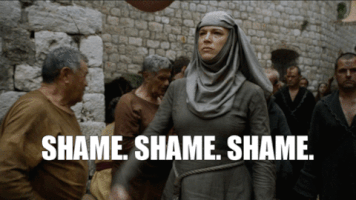- Joined
- Aug 31, 2011
- Messages
- 2,318
- Reaction score
- 3,875
We are all biased. We are not all racist/discriminatory/etc.Then some questions I have:
1. Do you think that people haven't realized this before? Are we to assume that people with above average intelligence haven't sat and pondered about maybe how their biases (if they have any) are impacting how they practice? This has only recently became flavor of the month, especially as it coincides with the JEDI movement.
2. How will verbally stating to yourself "hi, my name is Bob, and I am a "fill in the blank bias of your choice" change anything? Are you doing it for yourself or for others? If for others, do you think that is adding significant value to their lives, how they receive you as a provider, etc?
As to question #2, personally- for example- grew up in a time, place, culture where "bosses/supervisors/people in charge were predominantly white males. If you were to say to me, today, think of a boss/person in charge, I'd likely envision a white male. That's bias. I've learned to not act on that bias and not differeentially consider white males as- de facto- more qualified for leadership positions (which would be discrimination), or to consider African Americans- de facto- less qualified for such positions (which would be racism). Nevertheless, my bias is still there (and I am what you'd probably call a very "woke" SOB.


